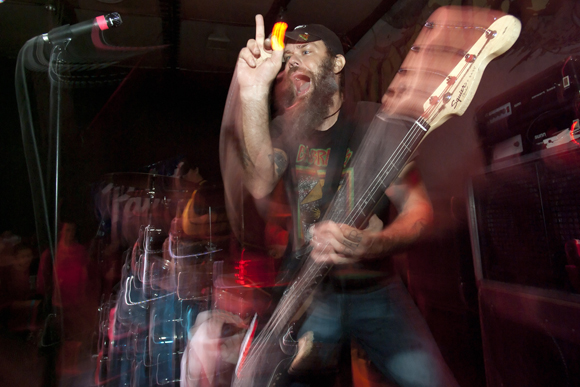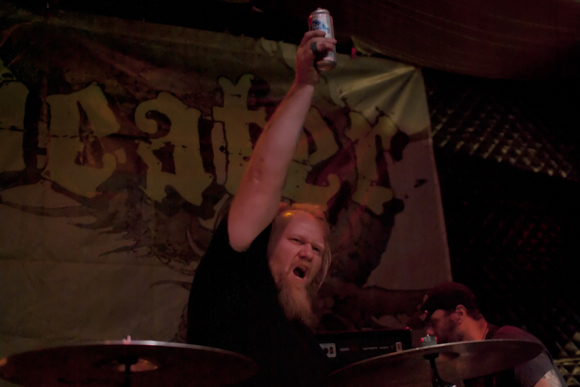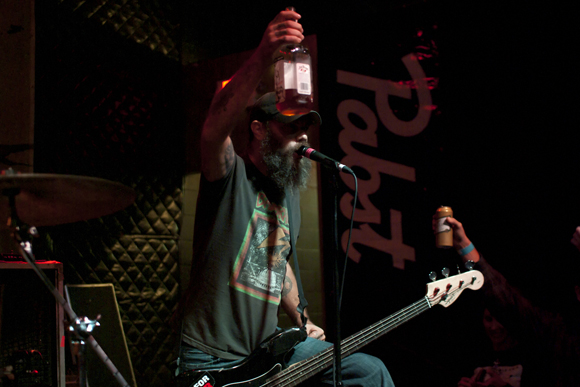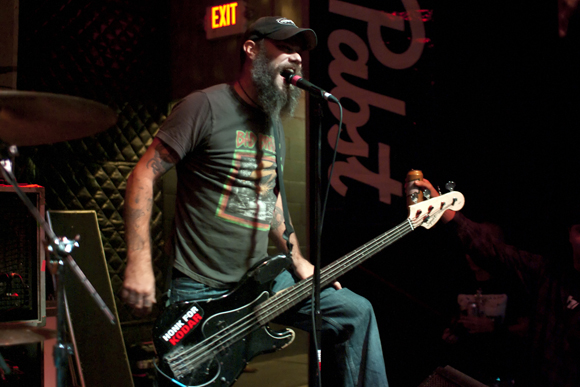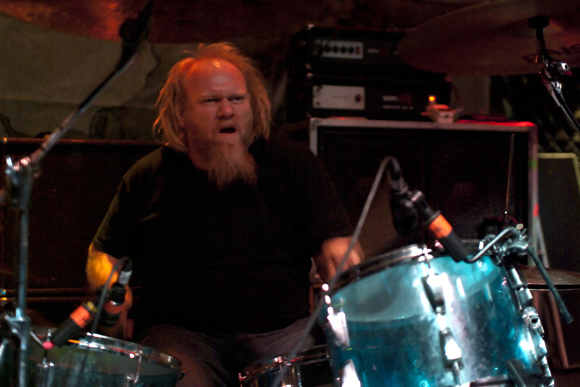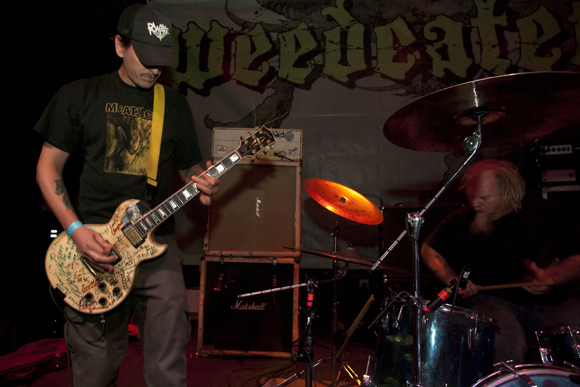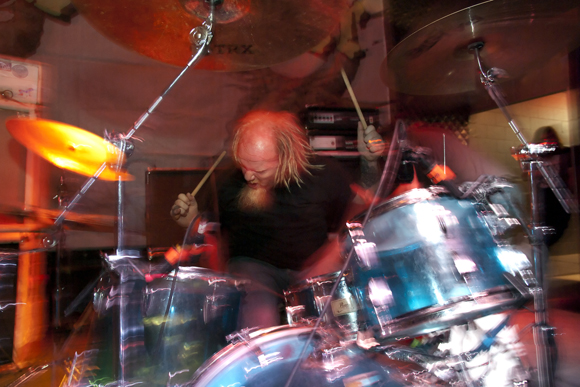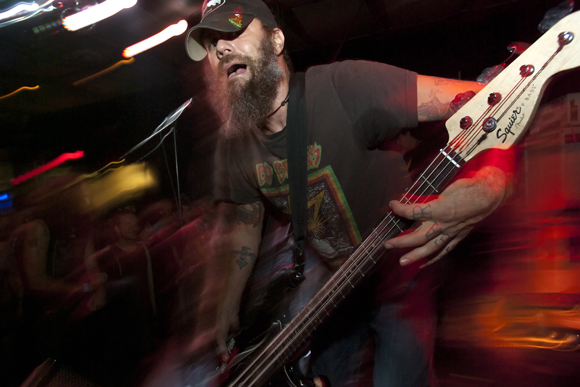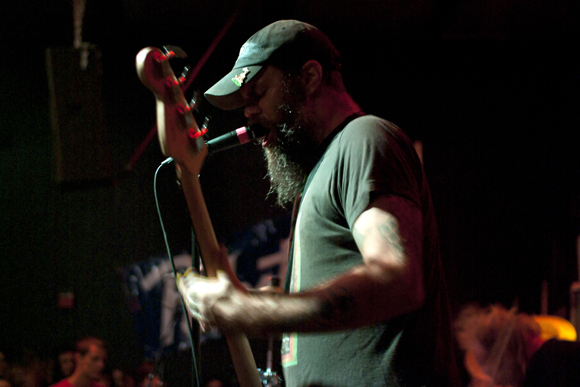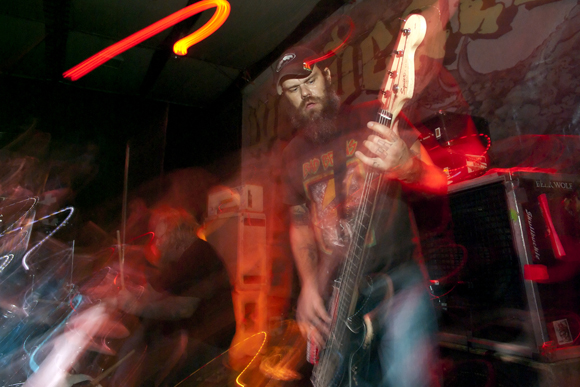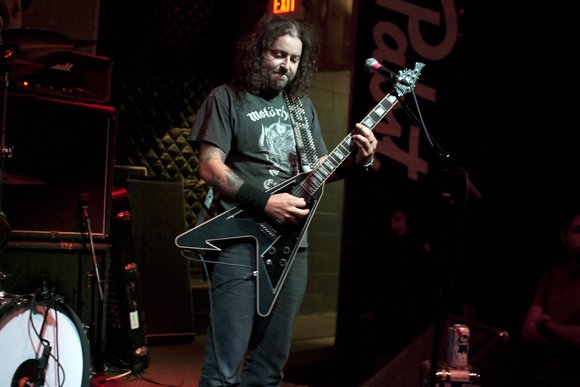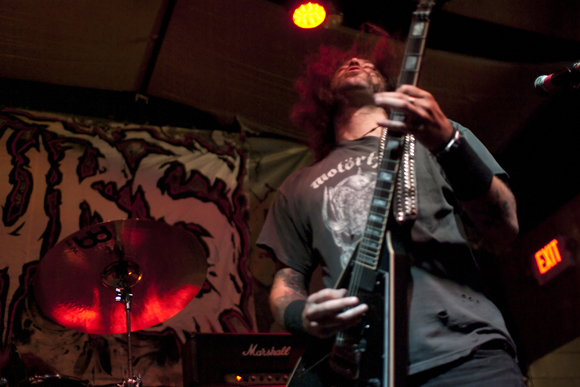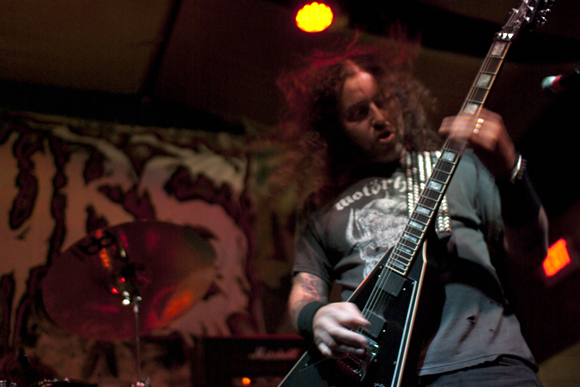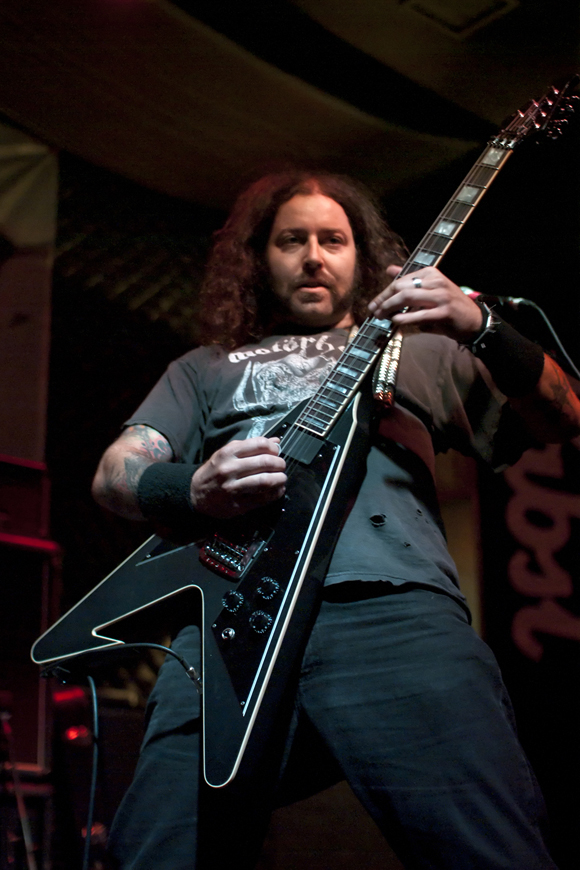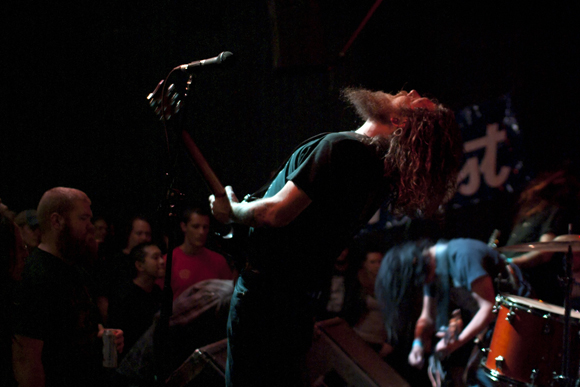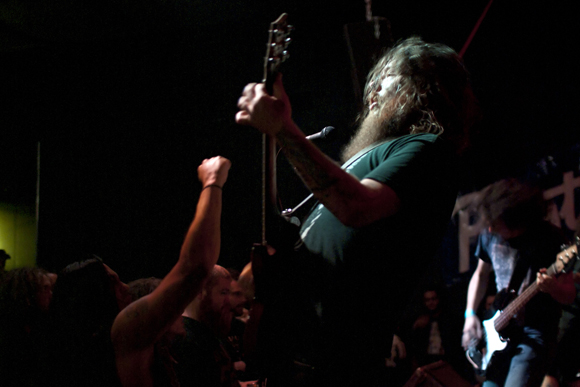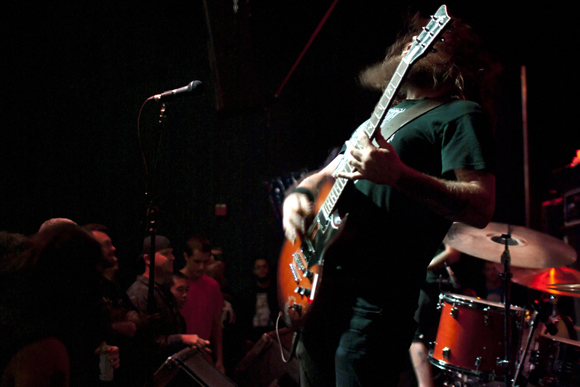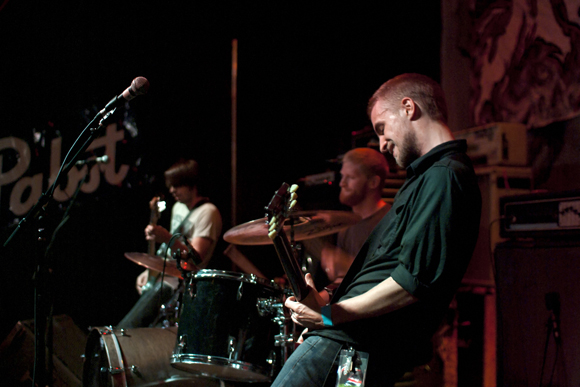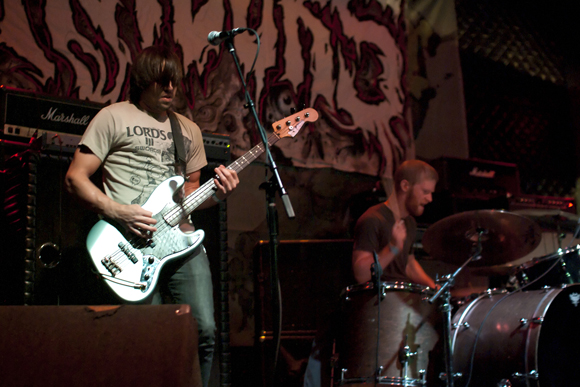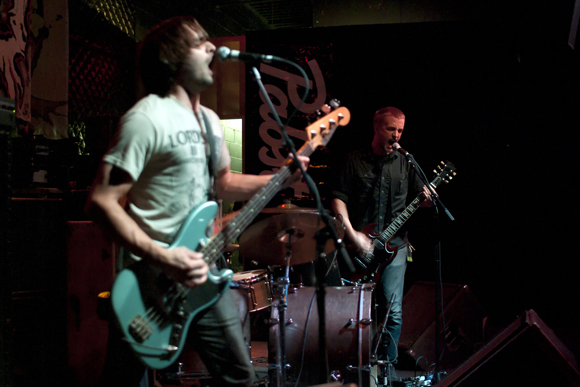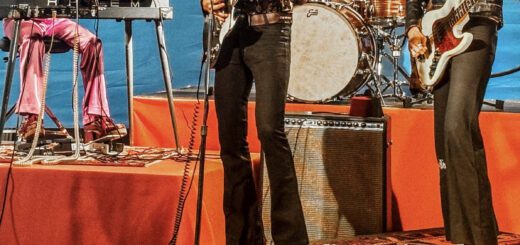Photos: Weedeater at the Triple Rock (9/19/11)
by Adam Bubolz · Published · Updated
Weedeater
Saviours
Bison BC
Fight Amp
Fight Amp
Bison BC
Saviours
Weedeater
Interview: Mickey Kaus discusses the role of the Israeli-Palestinian conflict in Osama bin Laden’s terrorist strategy
NPR Morning Edition October 16, 2001 | BOB EDWARDS 00-00-0000 Interview: Mickey Kaus discusses the role of the Israeli-Palestinian conflict in Osama bin Laden’s terrorist strategy Host: BOB EDWARDS Time: 11:00 AM-12:00 Noon BOB EDWARDS, host:
Britain’s prime minister, Tony Blair, says he favors a Middle East peace agreement that would give Palestinians their own state. Blair made the comment after meeting yesterday with Palestinian leader Yasser Arafat. There’s considerable debate over how much the Israeli-Palestinian conflict is fueling the rage of Osama bin Laden and his terrorist network. Tomorrow, commentator Norman Podhoretz argues that the issue is overblown. Today, NPR’s Alex Chadwick talks with online columnist Mickey Kaus. Kaus says the Israeli-Palestinian conflict is a major factor for Osama bin Laden and he’s trying to exploit it.
Mr. MICKEY KAUS (Online Columnist): Just look at Osama bin Laden’ s video–the one that was photographed outside some cave in Afghanistan, when we started our attacks–and he uses Israel as both his opening theme and his closing theme. He clearly thinks that since this is a propaganda video, that that is an issue that will mobilize the Arab masses to his side. So I don’t see how anybody looking at this video can deny that Israel is at least an issue in the conflict. here israeli palestinian conflict
ALEX CHADWICK reporting:
Several of your Slate colleagues and writers elsewhere take issue with that, noting that in the past Osama bin Laden has not made Israel a significant target, either rhetorically or practically through terrorist acts. He doesn’t actually try to do anything against Israel.
Mr. KAUS: Well, apparently there was a shift a couple of years ago. I mean, Israel is not central, I don’t think, to his world view. If you read what he’s written, he’s concerned with grander issues- -keeping Western influence out of Saudi Arabia–but a couple of years ago, he started to emphasize Israel. And it seems pretty clear that this is for propaganda reasons. He thinks this is an issue that will work for him. Clearly, he is not somebody who will compromise on Israel. I mean, in his view, the proper role for Israel is not to exist, and the proper role for Jews in the Middle East is to get out. The question is, first, how does he sell this view to the Arab masses? I tend to think he downplays it a bit. And the second thing is, if there was some sort of settlement in the Middle East–this is the key question–wouldn’t that reduce the temperature in the Arab world? Wouldn’t that bleed away some of the anger?
CHADWICK: Isn’t it also possible that an Israeli-Palestinian peace accord would only drive these Islamic fundamentalists to further acts of terror, because they don’t want anyone to strike a deal with Israel?
Mr. KAUS: Well, that’s right. That is their position. But then there is a much larger group of potential recruits, and those are the people that bin Laden was appealing to, I think, who could go either way. And the question is, would there be fewer people who could go either way, group and join the radical Islamic, even terrorist, faction? Or will there be more of them? And it seems to me it’s clearly in the interest of the West that there be fewer of them. this web site israeli palestinian conflict
CHADWICK: Even if you’re right, what is the US supposed to do about this now? Because Israel and the Palestinians don’t seem anywhere close to an agreement.
Mr. KAUS: That certainly seems to be the case now. It seems entirely possible that the best way to achieve a peace would to be tough for a few years, even to win some military victories and weaken the Arab bargaining position. There may be ways of achieving a peace that Ariel Sharon would approve of. I’m saying that whatever works to bring about a peace, if it’s possible, we have to pursue it. And because we’re in the same boat as Israel now in the fight against terror, I think we have a greater say in how Israel handles its side of the negotiation. We might have deferred to them in the past; now we’re in the same boat with them. It seems to me, we have more of a right to say, `No, sorry, you know, we want you to do this. We think this is the right thing to do.’ EDWARDS: Mickey Kaus writes for kausfiles.com and for the online magazine Slate.com. Tomorrow, another view from commentator Norman Podhoretz.
BOB EDWARDS

